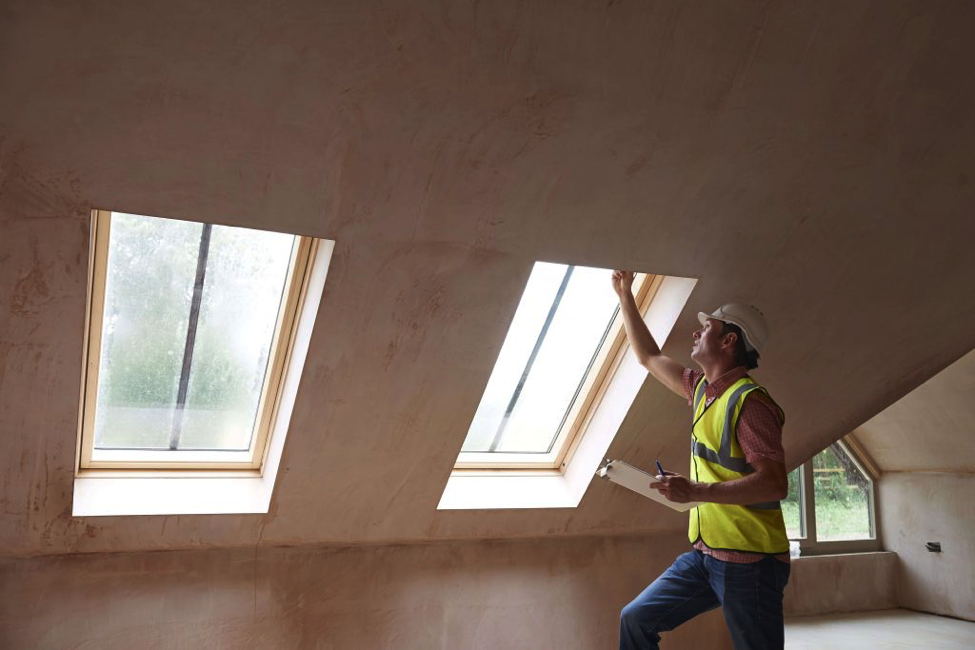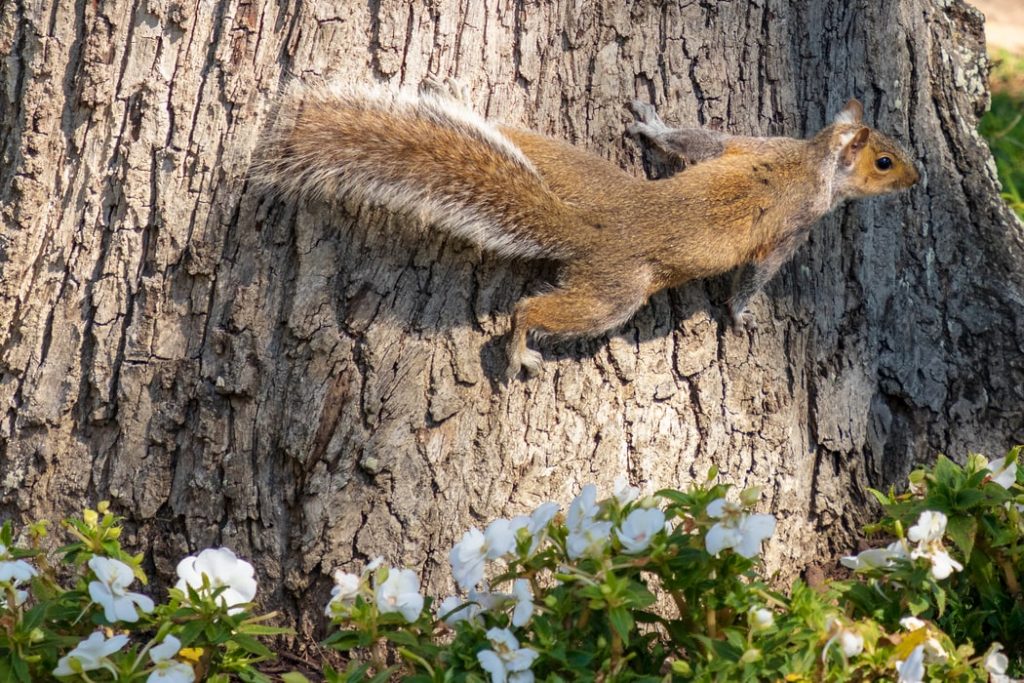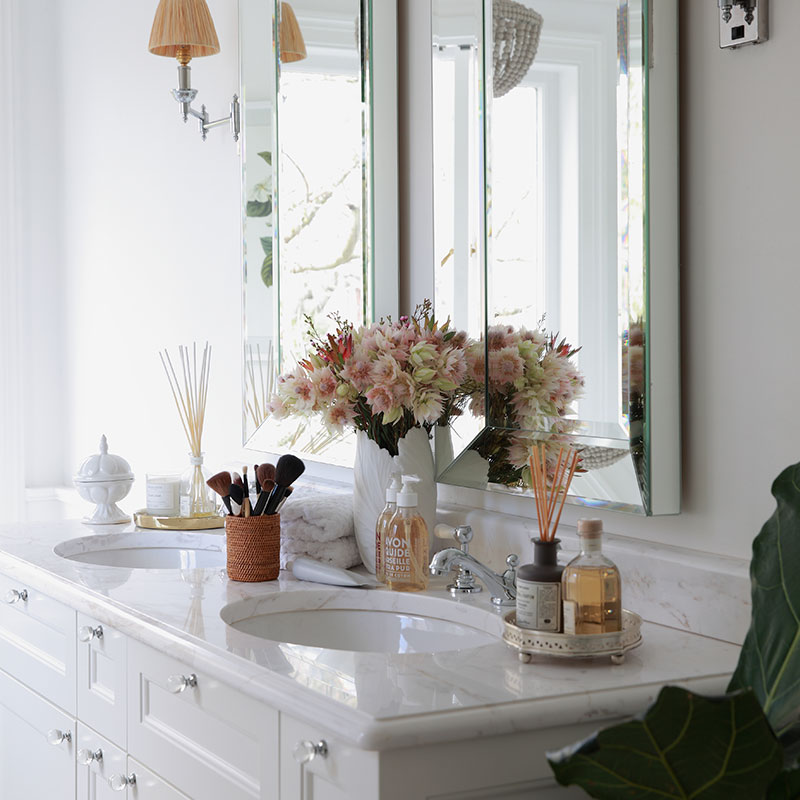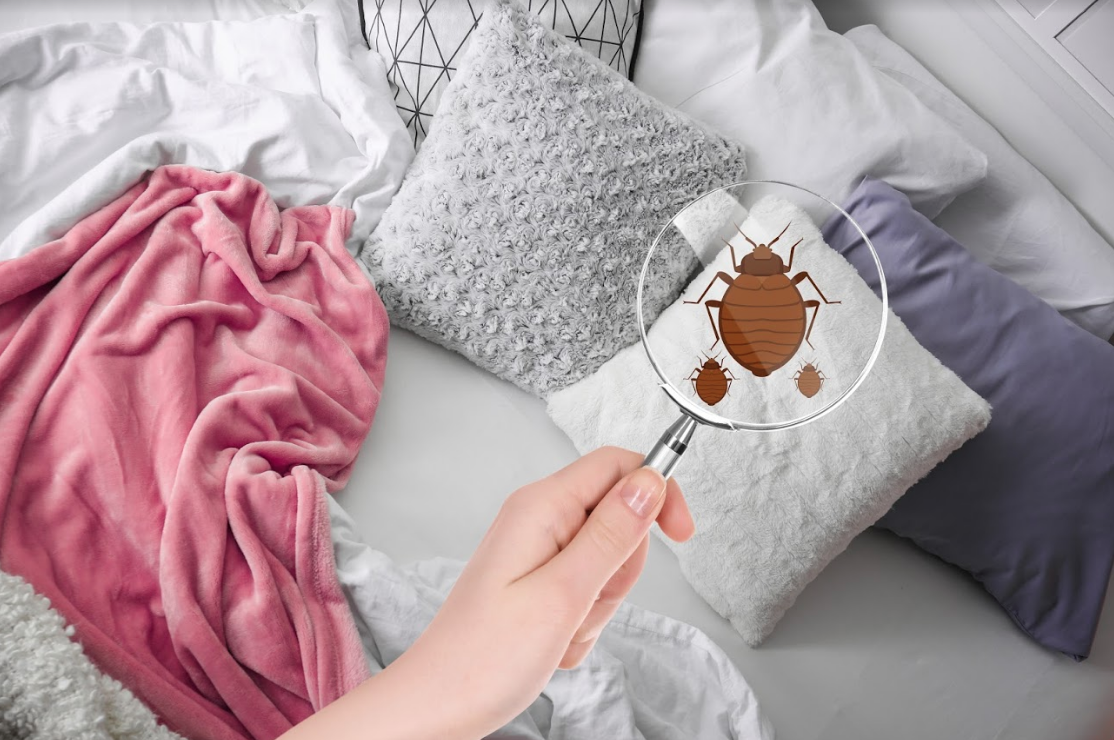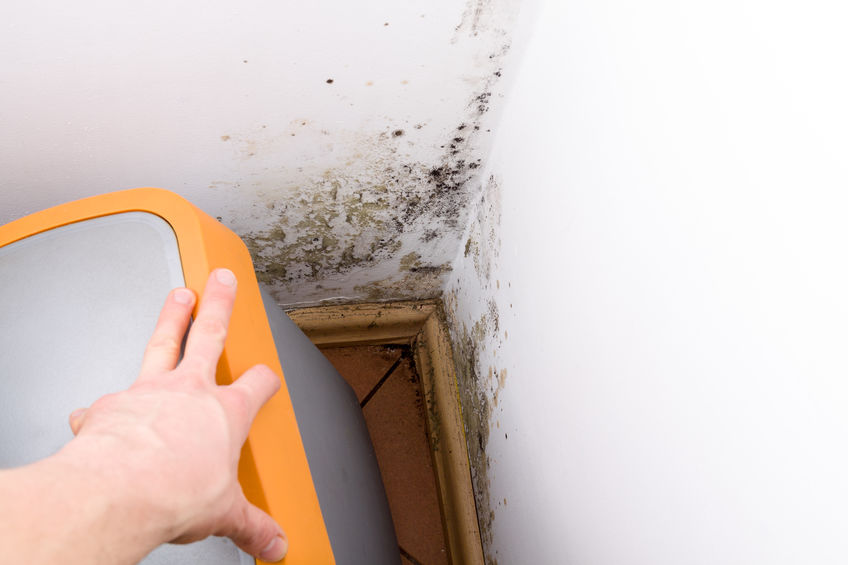How to Prevent Pests Through Regular Maintenance
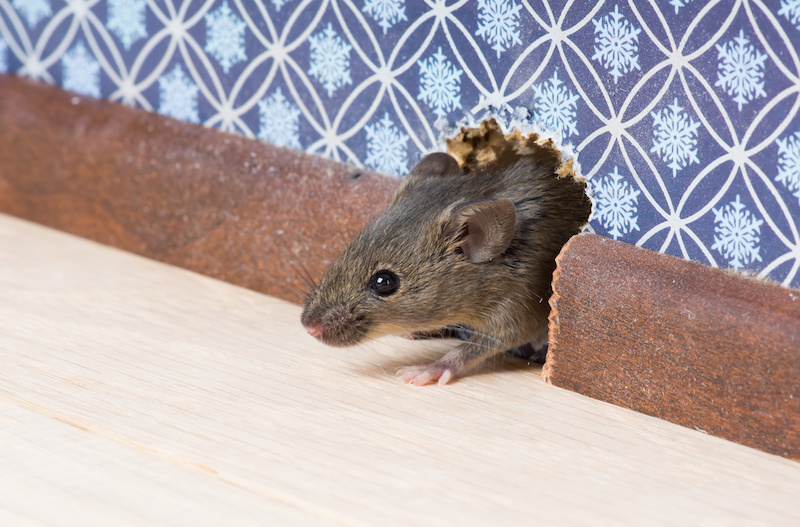
Developing proactive habits and adhering to regular maintenance routines are crucial in avoiding pest invasions!
Proven tactics include sealing cracks, fixing leaks promptly, and maintaining cleanliness indoors as well as outside. These measures not only tackle potential infestation concerns but also offer preemptive protection against property damage whilst ensuring the ongoing safety of all household members at all times.
To keep your home free of pests and maintain good health, the foremost aim should be prevention. It’s vital to perform regular maintenance tasks and proactively implement practical measures that could help eliminate any chance of unwanted pest invasion in your living area.
Sealing and Securing Your Home
Consider the exterior of your home as the primary barrier against pests, acting akin to a fortified castle that necessitates appropriate safeguarding. Begin by scheduling bi-annual inspections during spring and autumn. Meticulously inspect areas such as walls, foundation, windows/doors, and roof for any discernible fissures or gaps which could serve as potential entry points for invasive insects or rodents.
Remember that crafty insects and rodents can exploit even the tiniest gaps. So, it’s crucial to detect any vulnerabilities and block them off. To plug small fissures or crevices in walls, foundations, window frames, or doorframes, try using caulk, which is both cheap and versatile. But if you’re dealing with sizable openings, consider utilising expandable foam or weatherstripping instead – they’ll supply more robust fortification against pest infiltration.
Ensure that you conduct a meticulous examination of your windows and door screens to detect any signs of tears or damage. If there are such indications, repair them without delay or have them replaced as required. It is also prudent to fit door sweeps that can effectively seal the space between floorboards and bottom parts of entranceways in order to deter pesky intruders from secretly infiltrating your house. To keep pest infestation at bay, make sure you practice these preventative measures along with regularly inspecting and maintaining the exterior areas around your home!
Controlling Moisture and Leaks
Moisture is a magnet for pests, which rely on it to quench their thirst and procreate. Consequently, maintaining optimal humidity levels and promptly repairing leaks are paramount steps towards averting home pest invasions.
Establish a routine of periodic checks on your plumbing systems, equipment, and faucets to detect any indications of drips or leaks. Scrutinise areas below the sinks and behind devices, as well as probe basements, attics, and crawl spaces, for signs of moisture accumulation or water damage. Leaks should be fixed right away since they attract pests like termites, cockroaches, and silverfish, which all prefer moist conditions.
Upon discovering any leaks or water damage, immediate action is crucial. Properly repairing leaky pipes and dripping faucets and ensuring appliance functionality while being adequately sealed are essential steps. For humid areas such as crawl spaces or basements, reducing moisture levels using a dehumidifier is necessary to deter pest activity. Additionally, improving ventilation systems simultaneously facilitates optimal air circulation to prevent future excess moisture buildup.
By promptly addressing humidity concerns and maintaining a dry environment, you can significantly reduce your home’s attractiveness to pests. It’s important to remember that arid conditions often deter many unwanted creatures.
Maintain Cleanliness
To avoid pest infestations, it’s vital to maintain cleanliness in your home. Pests are attracted more to cluttered spaces that provide easy access to food and hiding places than to clean ones. By setting manageable cleaning habits, you can build a hostile atmosphere for these intruders within your living premises.
Maintaining a clean atmosphere is essential to warding off pests. To avoid attracting uninvited guests, make sure you regularly sweep, hoover and mop the floors to get rid of any crumbs or pet hair. Additionally, make sure to completely clean tables and countertops after every use to avoid leaving any food residue behind, which could work as an attractant. Take extra care when cleaning areas where food is either prepared or consumed since those places are more prone to pest attraction than other regions within a given space.
Proper storage of groceries is crucial to maintaining food hygiene. Prevent pests by using airtight containers and refrain from leaving uncovered items on surfaces overnight. After each mealtime, clean pet bowls thoroughly and keep their dry feed in sealed enclosures to avoid attracting ants or rats into your home.
Frequently disposing of waste in securely sealed receptacles is crucial to avoid the accumulation of rubbish within your home, which could provide a breeding ground for pests like cockroaches and flies. Ensure you take out trash on schedule, including regularly checking outdoor garbage containers to ensure they are tightly closed.
By keeping your living area clean and practising good hygiene habits, you can significantly decrease the possibility of pest infestations. It is crucial to note that pests will actively seek out other options for sustenance and shelter if they sense an uninviting environment within a tidy home.
Creating a Pest-Resistant Yard
Maintaining your yard is crucial to avoiding pests. Vermin can make themselves at home оn a messy lawn or with waste strewn about, which makes their way into your house easier. Taking simple steps for outdoor upkeep creates an unpleasant environment that deters unwanted guests.
To avoid the intrusion of pests like squirrels, raccoons, and ants on your rooftop and walls, commence with trimming trees and shrubs near your abode. Verify that no branches extend over or touch any plants adjacent to its outer surface.
Avoid growing dense vegetation close to the foundation to keep pests and rodents out of your house. To prevent trespassers from breaching your personal space, choose sparser greenery or lay gravel or mulch around the perimeter of your land.
To avoid attracting pests, establish a routine practice of clearing your yard from leaves, twigs and debris. These materials create damp hiding places for insects and rodents that can infest the area. For safety purposes, elevate firewood off the ground to deter critters from nesting in it. Moreover, placing wood at a distance away from your residence acts as an added precautionary measure against property invasions by unwanted creatures.
Prioritising cleanliness is essential for improving the appearance of your yard and avoiding pest issues. By implementing preventive measures, you can significantly reduce the chances of pests invading while also creating a hospitable atmosphere free from unwanted guests.
Professional Inspections and Recommendations
Although you may put forth your best attempts at DIY pest control, specific issues with pests could continue to persist and prove challenging to resolve. When faced with such scenarios, it is prudent to rely on the expertise of home pest control professionals in your locality. Taking a proactive approach by scheduling routine inspections even when there aren’t any evident hazards present can allow for the reception of pertinent advice from specialists regarding suitable preventive measures while also enabling prompt identification of vulnerabilities that might cause future infestations.
Specialists are trained to detect small indications of pest activity that a regular homeowner may overlook. They can assess your property’s overall vulnerability to pests, identify any existing problems, and recommend targeted solutions for addressing them.
Furthermore, procuring expert evaluations can offer priceless insight into practical measures for avoidance. Skilled professionals can provide guidance on proper upkeep methods, appropriate gardening selections, and counselling on suggested product usage that may assist you in creating an uninviting environment for pests.
Obtaining professional inspections and recommendations as soon as possible is essential for effective pest control. This proactive approach can nip potential infestations in the bud, avoiding more severe issues down the line that may demand a lot of money and effort to get rid of.
Conclusion
It doesn’t have to be a constant struggle to keep your house pest-free. You may greatly lessen the likelihood of having to deal with bothersome bug infestations by implementing preventive measures and adhering to a regular schedule of inspections, cleanings, and repairs.
Prioritising prevention is crucial for maintaining a pest-free dwelling. You can achieve this by fixing cracks and leaks promptly, keeping your living quarters clean and organised, regularly tending to the landscaping, and soliciting professional assistance as necessary. Consistently enacting these measures will render your home less attractive to pests while also shielding it from damage—ultimately establishing a safe haven that’s both comfortable and healthy!
It is essential to establish pest prevention as a standard aspect of your home maintenance regimen to ensure continuity and attentiveness. By doing so, you can evade the hassle and strain that accompanies managing infestations while enjoying the reassurance associated with residing in an environment free from pests.


